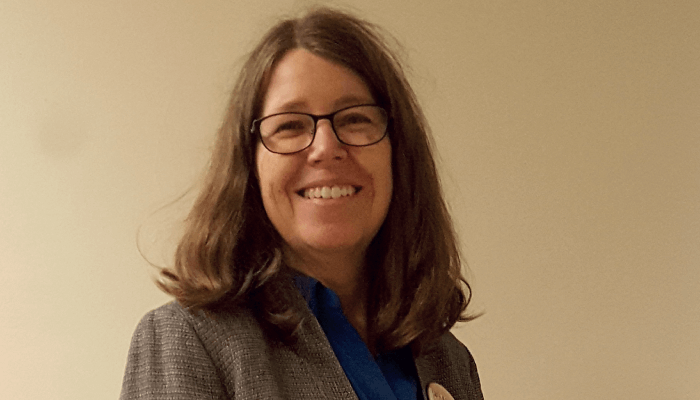A day-by-day perspective from the midst of a pandemic
By Chris Harrison, San Diego State University, CA, USA
March 9
The campus seems a bit quiet for a mid-semester Monday. With COVID-19 gradually spreading towards San Diego, the University of California has decided to move courses online for the remainder of their quarter. They only have a couple of weeks left; we’ve just crossed the halfway point of our semester.
March 10
The campus seems even quieter today. I’m not sure if students are staying in their dorms or being called home by parents... An emergency meeting of the University Senate was held this afternoon to discuss the outbreak. The plan is to use the time up to spring break – a little over two weeks – to transition all courses into online-only formats, but there are many concerns. What happens to students getting financial aid through work study programs? What about courses with required internship hours? And what about students who are living on campus, or don’t have access to the necessary technology at home?
March 11–13
The rest of the week has been a blur. Almost as soon as we concluded our meeting to discuss our plan moving forward, we received an email indicating that those plans would change once again. Throughout the week, we saw a number of incremental changes regarding when in-person classes and labs would end, with the dates being brought forward from spring break to the end of the week. All in-person meetings (including labs) were now to end after March 13.
The students in my research lab have been great. Those feeling ill for any reason have been staying home and those who came in brought hand sanitizer and disinfectant wipes to share. We all also took precautions to wipe down instruments and communal surfaces; morale was high, despite undercurrents of uncertainty. By March 12, none of my research students were coming to the lab. And by Friday, I had shut down all the vital computers and instruments. Fortunately, this was pretty simple given I run a lab with primarily capillary electrophoresis instruments!
March 14–15
The weekend brought with it a warning to make plans for continuity in the case that the campus is shut down. By Sunday the orders were updated again. Undergraduate students were no longer allowed to conduct in-person research, but graduate students were still permitted to come to the labs.
March 16
Campus feels like a ghost town. It isn’t shut, per se, but is empty nonetheless. We received an email last night directing faculty or staff over 65 or with underlying health conditions to stay home. I’m here, but I’m not entirely certain why? I’m not conducting lab work, and I’m going to be teaching online later in the day anyway. It’s a strange day. But one benefit of my being here is that I can discuss plans for digital teaching with my colleagues – I’m the department expert on digital technologies.
March 17
I was feeling a little uneasy yesterday, and I realized why this morning: I hadn’t received a revised campus plan. This has become so routine that I got used to having plans altered every day. But fear not, I did indeed receive an email late in the evening indicating that all non-essential staff should telework from March 17. I really should have checked my email this morning before cycling to work…
March 18
My office is now the kitchen table in my condo. It’s not the best situation in the world, but at least I have good Internet. And the dogs are over the moon!
Yet another new directive was issued today, indicating that the buildings will be locked and access restricted. Residence halls will also be closing by the end of the week and all students who can go home must do so. Only a few international students, and others with extenuating circumstances, are allowed to stay.
March 23
It’s getting harder to distinguish one day from the next. My commute is much shorter, but I have more meetings than ever, and seem to be getting less work done. There are daily faculty meetings in our department, including discussions of the challenges we are facing, how to teach labs online, how to run fair exams, questions about who has access to the labs to maintain crucial instruments, and who has research projects that cannot be left unattended?
Where are we now?
Over time, many questions have been resolved. A small number of faculty were given limited access to the labs, while a couple of staff are allowed daily access to care for the equipment and handle issues for those of us at home.
Teaching is still a challenge, with motivation being a real struggle for both faculty and students. After all, how important is “this assignment” or “that test” in light of a pandemic? Along with the introductory analytical chemistry course, I’m also teaching the second half of our upper division analytical lab course. Finding a meaningful way to teach MS, GC, and high-performance LC (HPLC) online is a challenge. We have some past data that can be given to the students for an analysis project, but the hands-on side of things is absent. There are very few good simulation programs available online, but I’m making the most of those that I can, along with videos from manufacturers and others that describe the function and operation of instruments. It’s not great, but it’s the best we can do.
I had initially presumed that by June we could start to get back into the lab. Now I’m not so sure. It’s good to see that our state has a clear set of metrics that need to be met before the shelter-in-place order will be lifted, but those goals may be further off than I anticipated. The University has already decided that the summer session will be online only, and we are being given guidance to plan for a full fall semester of online teaching as well.
And that’s where the unknowns get even greater for our department. At least this semester our students got to do half the labs in-person, but how do you teach real chemistry lab skills online? If I can’t get to the lab over the summer, I guess you’ll find me at home – trying to figure out how I can conduct HPLC in my kitchen!
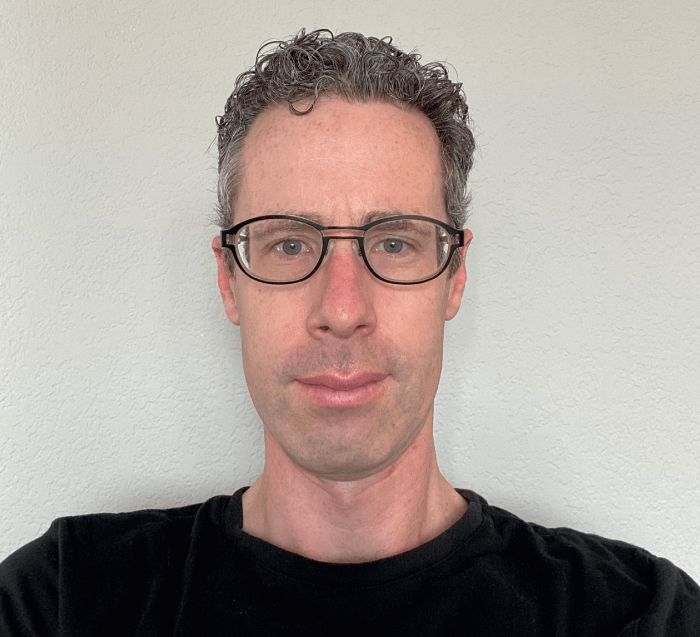
Revisiting teaching during the COVID-19 pandemic
By Davy Guillarme and Jean-Luc Veuthey, School of Pharmaceutical Sciences, University of Geneva, Switzerland
On March 16, 2020, the University of Geneva decided to suspend all classroom teaching and move courses online. Our second year “Pharmaceutical analysis and spectroscopy” course is typically taught for two hours per week, with the entirety of the practical lab work undertaken in the spring semester. Clearly, our course would look a little different for the remainder of the year...
Going digital
Some years ago, we began to introduce short videos into our teaching to help explain particularly difficult concepts to students – these are now coming in handy. As for practical work, corresponding videos were available to present the theoretical bases of experiments, with additional videos offering practical demonstrations of the equipment and techniques.
As of March 16, several options were suggested by the University of Geneva to record videos. Eventually, PowerPoint was selected because staff were already familiar with it, it’s easy to use, the quality of the video is excellent, and it’s available on most computers. With our slides prepared, the faculty set about recording the accompanying audio and transforming this into video lessons of around thirty minutes.
We quickly recorded and made all our courses from March 16 onwards available, so that students could organize activities according to their availability until the end of the semester. Initially, we used a secure cloud called SwitchDrive to store, synchronize, share and edit files quickly. However, the platform was rapidly overloaded, so our IT staff instead developed a dedicated platform specifically for the School of Pharmaceutical Sciences, where the videos can be uploaded by teachers and downloaded by students with ease.
We have also incorporated quizzes into our teaching to make it more interactive – and to assess understanding. We provide the students with a set of multiple-choice questions using a Votamatic platform – an online application that integrates voting tools with teaching. The teacher can then access the results, and detailed answers are uploaded to the Moodle application, as well as statistics on correct answers. A discussion forum in Moodle allows us to receive students’ questions and comments, which have – so far – been extremely positive!
(Im)practical?
The greater challenge was to ensure that students still received the same level of practical education needed for pharmaceutical analysis. Though lecture content can be delivered effectively online, there is an undeniable need for hands-on experience in any science curriculum.
We are lucky to have already developed a few practical lessons based on computer simulation for some of the more expensive and complex devices. For capillary electrophoresis, we are using the freeware program, Peakmaster, to simulate experiments and predict parameters of background electrolytes and analyte peaks. For HPLC, we are using the HPLC Simulator software – a web-based HPLC simulation, where the user can adjust a range of experimental parameters and see their effect on chromatographic parameters, including retention time, column efficiency, and backpressure.
Where no simulation tools are available, we have asked our PhD students, who are normally supervising the labs, to find some data from previous groups. The students then have to treat the data and provide answers to general questions related to the practical work. Our PhD students mark the results, and are available to answer any questions. Fortunately, our students already practiced some analytical techniques during their first year – more of which awaits them in their third year.
Post-pandemic
It is clear that COVID-19 has drastically affected university education. Before this crisis, a lot of professors were reluctant to use innovative teaching tools (videos and the like), despite the fact that such tools have proved to be highly beneficial for students. Now, a number of teachers have been forced to implement these resources. Although we are convinced that face-to-face lectures remain the most effective way of teaching at university, and that hands-on laboratory experimentation is vital to training a scientist, we do believe – and hope – that a greater number of teachers will integrate modern teaching procedures into their future courses.
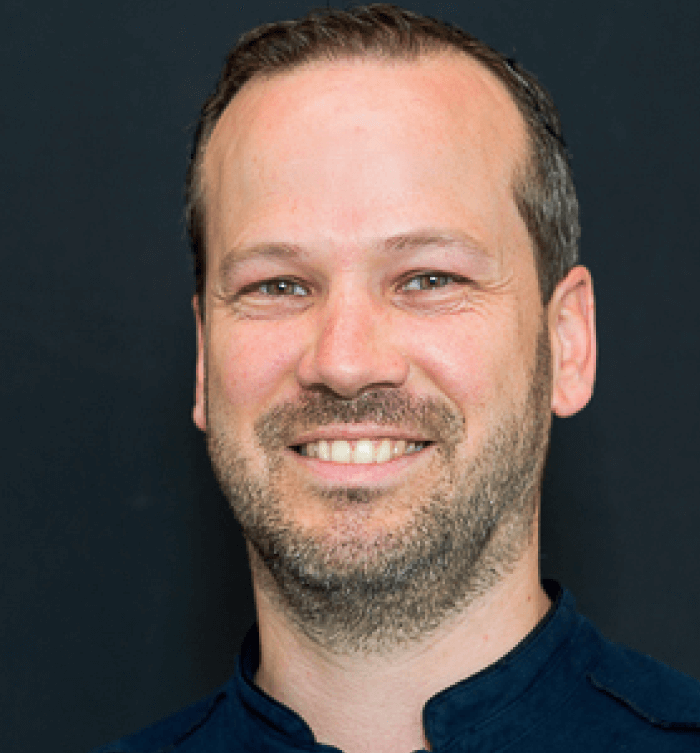
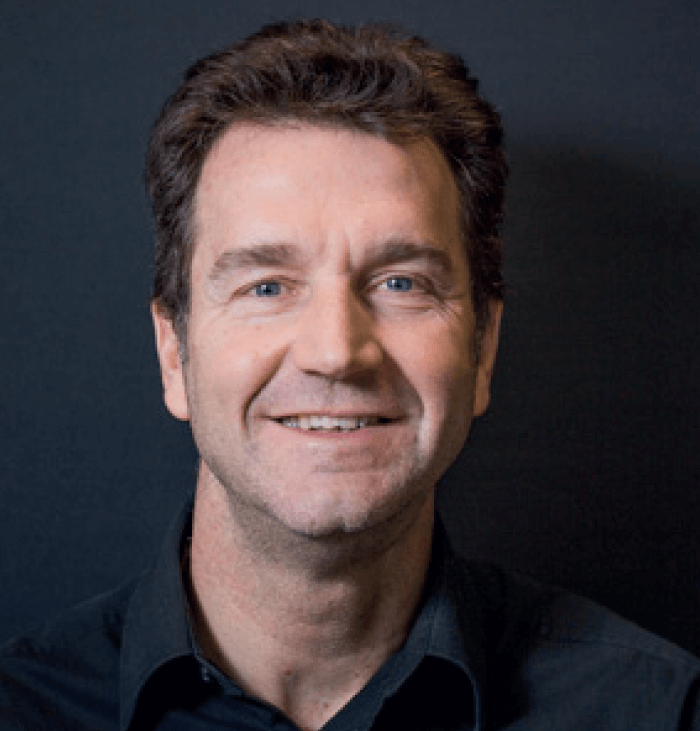
In unprecedented times, unprecedented action is ensuring student success
By Alberto Cavazzini, Professor of Analytical Chemistry, Department of Chemistry and Pharmaceutical Sciences, University of Ferrara, Italy
Our university came face-to-face with COVID-19 at the end of February. Thanks to a well-organized and efficient communication and technology department, we were ready to start teaching remotely in about a week. Teaching could be done either by streaming or recording classes in Google classrooms, with Q&A sessions organized once a week with our students through Google Meet. Despite initial reservations, the process has worked quite well.
Our solution
The focus at a university level is ensuring students can graduate according to their initial plans. We opted for so-called “virtual laboratories” to explain lab activities. Thankfully, there are a number of tools available to facilitate this, including free digital editions of published books on the topic. As for thesis preparations, students are requested to critically review scientific papers and data from literature. Exams are performed through the web, either as written or oral tests.
Students are reacting positively to these changes. Many may prefer traditional teaching methods, but they appreciate the enormous effort made by professors to stay in touch with them in these uncertain times. I truly believe this has reinforced the empathy between students and teachers, as is evidenced not only by the assiduous participation in online classes – despite my lack of affiliation with video resources (!) – but also in their quasi-military discipline during them. I believe there is a sense of mutual responsibility that has dramatically increased in students during the pandemic.
Looking forward
Hopefully, we’ll start to see a return to research activities in the near future. In the longer term, we have the resources in place to be online-ready for courses starting in September. Personally, I don’t think teaching will ever be the same again. Although the physical presence of students at university cannot be replicated or replaced, it is clear now that there are so many incredible tools that can improve the way we teach. For example, as professors, we all know too well the difficulty of scheduling classes and lab experiments with such a large number of students. With these new technologies, it would be possible to have part of the teaching provided as electronic material, leaving more time for practical experience.
Despite the many negative impacts, this pandemic has given us an opportunity to rethink traditional teaching activities, and it would be a real pity not to take advantage.
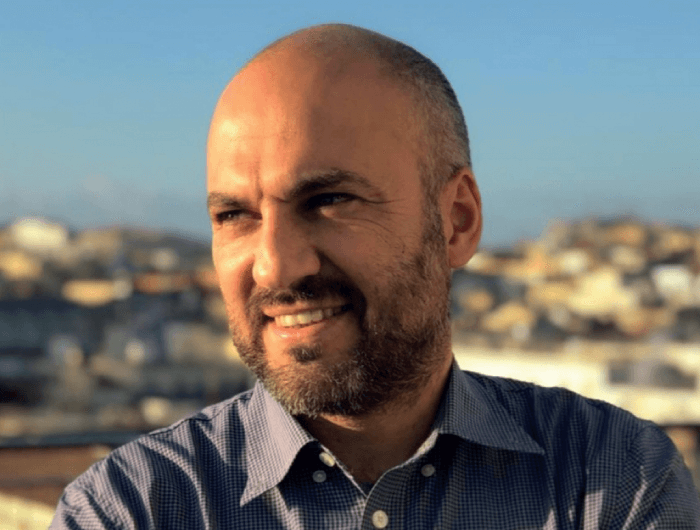
By Rick Yost, Professor at the University of Florida and President of the American Society for Mass Spectrometry
This year’s ASMS Conference had been planned for May 31–June 4 in Houston, Texas, with an anticipated attendance of almost 7,000 attendees – not to mention the 384 oral presentations and 3,000 poster presentations.
On February 24, we posted a statement about COVID-19 and promised regular updates. Just over a month later, on April 1, the scale of the COVID-19 pandemic in the USA and elsewhere became clear, and the ASMS Board voted to cancel the face-to-face conference. We opted for an online program instead. In my view, ASMS is about a community of scientists from diverse disciplines coming together every year not only to present and see great science, but to connect and engage. Our goal was to keep this tradition going.
We announced our plans for the ASMS 2020 Reboot on April 14, with all talks and posters to be presented in a virtual and interactive format over a two-week period – June 1 through 12. There will be live webinars for plenary lectures, tutorials, and award lectures, plus 50 interactive workshops. We will also have a “watch party” for each of the 64 oral sessions, including a live Q&A webinar with the speakers. A variety of corporate events will occur each day before and after the live conference program, plus about a dozen short courses the following week. All conference content will be available to registrants for three months – all at a fee of just $50 for ASMS members.
The response from presenters, individual and corporate members, and attendees has been uniformly positive. Though they are all looking forward to the next face-to-face conference in Philadelphia in June 2021, they fully support our online approach to maximize engagement. Some presenters may have to modify or withdraw their presentations due to lab closures and reduced data, but others who couldn’t make the trip to Houston now have the opportunity to attend the online conference!
Beyond ASMS, the COVID-19 pandemic will have a major impact on teaching, research, and on sharing our best science with each other. When will it be safe to resume large face-to-face conferences, such as ASMS? This fall? Next spring? The answers require a better crystal ball than I have. But I know that I’m looking forward to getting back into the classroom to teach, back into the lab with my graduate students, and to attending conferences in person – as soon as that’s sensible and practical. And I look forward to seeing everyone at ASMS 2021 in Philadelphia next June!
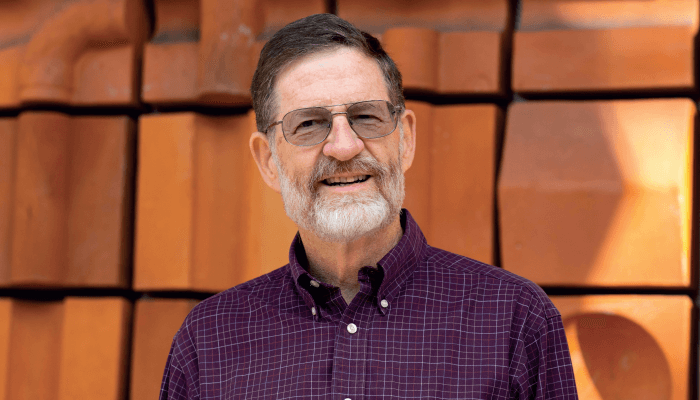
By Luigi Mondello, Full Professor of Analytical Chemistry, University of Messina, Italy and Chairman of the 44th ISCC and 17th GCxGC (Riva 2020)
I was aware from early on that lockdown would inevitably impact all my activities, each at a different level. Two weeks after the first coronavirus case in Italy, our government took aggressive action to confront the danger. The whole University in Messina was put in lockdown, and all our facilities were closed by March 8.
As a teacher of Analytical chemistry for undergraduate and PhD students, I was committed to ensuring these activities – from lectures and lab sessions to college meetings and graduation sessions – could continue without too much disruption. As chairman of Riva 2020, I have realized that, despite taking early precautions, the truth is that you will never truly be ready to face such events.
Pat Sandra passed the baton to me in 2012, and I have since committed myself to ensuring Riva’s success, dedicating substantial effort and energy to every phase of organization and planning. It has been a challenging but rewarding experience; after all, Riva del Garda is widely regarded as one of the premier meetings in the field. In 2020, we were on track to surpass the attendance of past years, but with the outbreak becoming increasingly pandemic in nature, it was clear a short-term postponing of the conference was not feasible. Finally, I made one of the most difficult decisions of my life – to cancel Riva 2020.
We were very close to the conference date, and most of the groundwork was already done. In addition, we had already processed hundreds of abstract submissions and applications for the awards and grants dedicated to encouraging young students’ participation. I wholeheartedly appreciate the understanding and dedication demonstrated by everyone involved. Their willingness to help in any way, and the sincere and positive proposals I received from the members of the Scientific and Organizing Committees, is representative of a truly heartfelt attempt to save a much-loved conference.
This crisis has dramatically changed our lives, both private and professional. Our university has made impressive efforts to digitize courses, exams and academic activities that do not require lab work, with very positive feedback from our students. From the beginning my priority has been to keep my research activities as unaffected as possible, with social contact severely limited. Luckily, my lab team has always relied on strong communication, and this has enabled us to better navigate the lockdown. We currently share our outcomes and presentations in remote meetings, on an almost daily basis, very successfully.
As for the future, the new rhythm of home working has given me the chance to devote more time to projects dear to my heart – such as rebuilding the labs of the Mediterranean Separation Science Foundation Research and Training Center destroyed in a fire five years ago, and updating research and training activities to make use of new technologies to allow for remote operation and training.
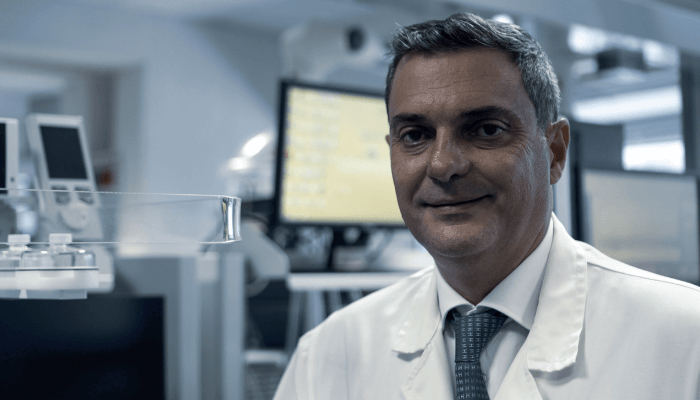
By Mary Wirth, W. Brooks Fortune Distinguished Professor, Purdue University, USA and HPLC 2020 Symposium Chair
I attended the Pittcon 2020 meeting at McCormick Place in Chicago in the first week of March. I would never have imagined that, just a few weeks later, McCormick Place would be converted into a field hospital...
The first inkling I had that HPLC 2020 might be postponed was a message from Ed Yeung at the end of Pittcon suggesting we talk about this possibility. I was taken aback at first and wondered if we were being overly cautious, as the virus had diminished in Wuhan in a matter of months. If we did cancel, would the venue keep the hefty deposit and bankrupt HPLC, Inc.? I started getting messages from people overseas saying that they could not travel – large companies banned travel altogether, and my own university soon followed suit. It soon became clear that the safe decision was to cancel the 2020 meeting and shift all plans to 2022. The work we did on organizing 2020 is not wasted – its fruits are just on hold for two years!
We initially discussed the possibility of hosting the meeting as webinars, but the value of HPLC goes well beyond the content of the talks. Q&A sessions continue informally all week, people expand their scientific networks, students and prospective employers meet, and ideas about future research and best practices are exchanged informally. HPLC 2020 was designed to enhance these beyond-content experiences by including programming on career development, with successful entrepreneurs sharing their insights – thanks to The Analytical Scientist for helping us plan and advertise this part of the meeting! We also had interesting interactive discussions on academic-industrial collaborations planned, including industry needs, the basic research that would underscore these needs, and the entrepreneurial and vendor capabilities that will ensure its success.
In the end, we decided to postpone the event until 2022 because you simply can’t get the same level of value online. However, timeliness is also a key consideration in terms of the content of the talks – we are hoping webinars can fill this void.
The long-term impact of this pandemic presents more questions and uncertainties. Will there be an economic depression? Will there be changes in our behavior and infrastructure? Will there be permanent changes in social obligations? We live in unique times in the USA; the governors of the states took the lead in imposing stay-at-home orders, but the federal government has threatened to sue some states over these measures. There are people traveling to state capitals to demand that the stay-at-home orders are lifted, while health experts warn that there will be a second wave if the orders are lifted too quickly. I do not know what will happen in the long run, but I find the possibility of social strife more worrisome than the virus...
